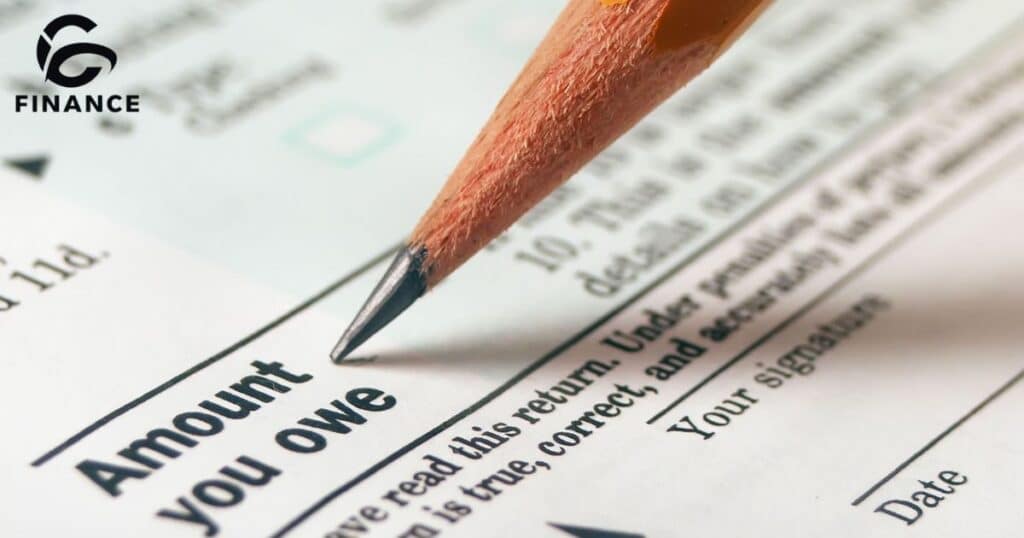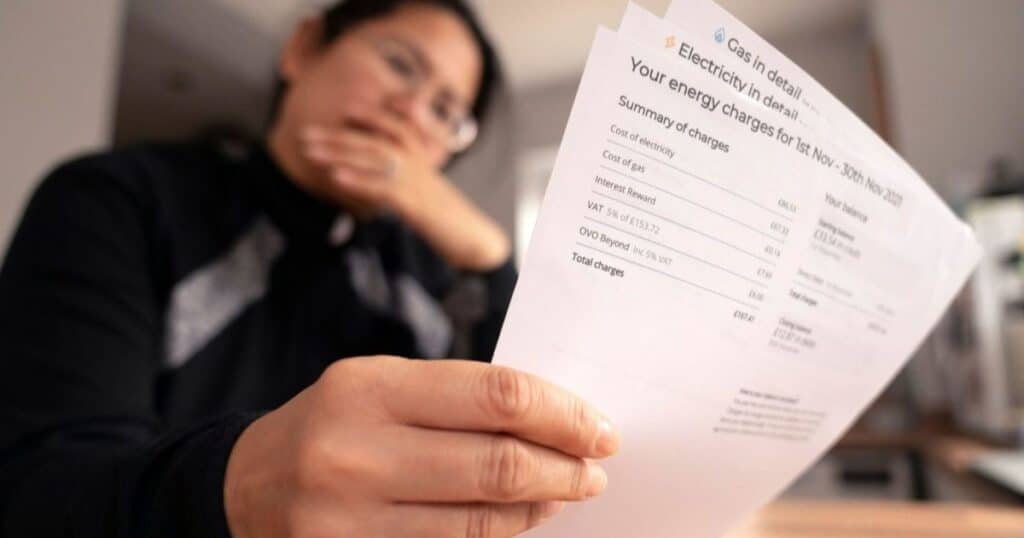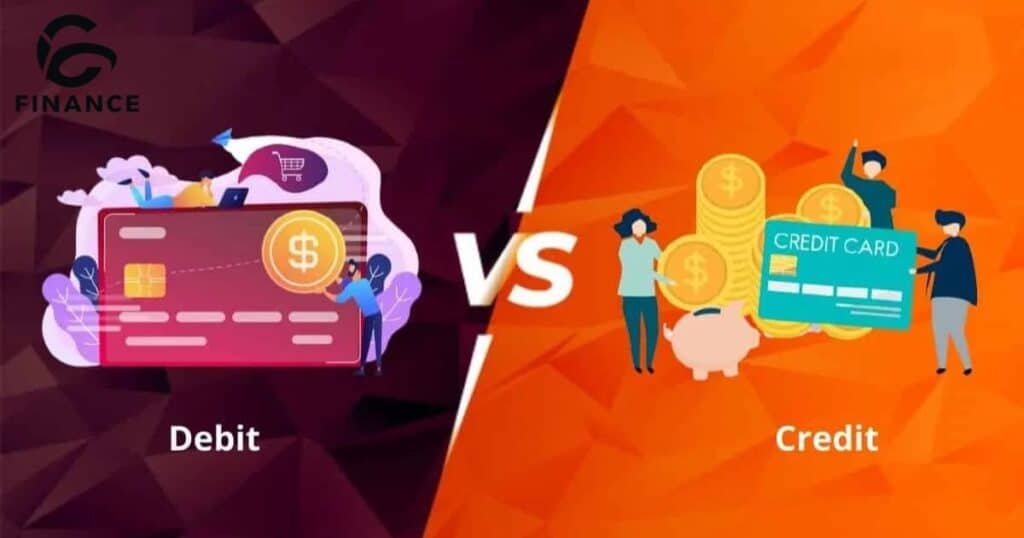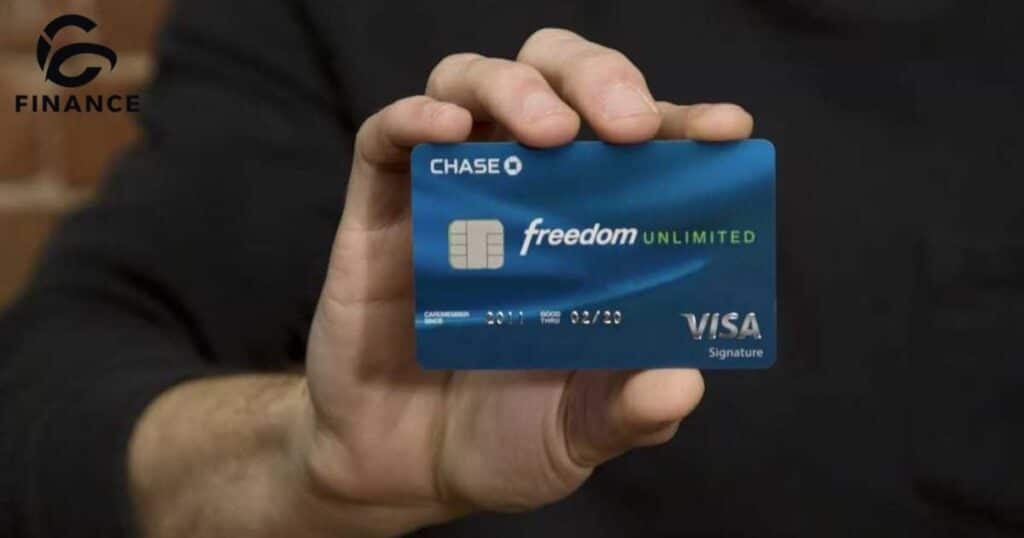Have you ever received an energy bill that displays the dreaded phrase “in debit,” leaving you puzzled and concerned about the implications for your finances? Don’t worry; you’re not alone.
Many energy consumers find themselves in this situation, unsure of what it means or how to address it.
In this comprehensive guide, we’ll demystify the term “in debit,” explain why it appears on your energy bill, and provide you with practical strategies for managing your energy account effectively.
Demystifying “In Debit” on Your Energy Bill
Let’s start by defining the term “in debit” in the context of energy bills. Essentially, when your bill shows “in debit,” it means that you have used more energy than you have paid for up to the balance date. In other words, you owe money to your energy supplier.
This situation can arise for various reasons, but one of the most common culprits is seasonal fluctuations in energy consumption. During colder months, households tend to use more energy for heating, resulting in higher energy bills. Similarly, warmer periods may lead to increased air conditioning usage, contributing to debit balances.
It’s crucial to differentiate “in debit” from “in credit,” which indicates that you have paid more than you have used, resulting in a positive balance on your account.
Why You Don’t Have to Pay Immediately?

Contrary to common misconceptions, being “in debit” on your energy bill doesn’t necessarily mean you have to pay the entire outstanding amount immediately. Energy bills typically operate on a fixed monthly payment system, where you pay a set amount each month based on your estimated usage.
Over time, your energy consumption patterns and the associated debit or credit balances will fluctuate, ultimately balancing out. This system is designed to accommodate seasonal variations and smooth out the impact of higher or lower energy usage periods.
So, if you find yourself “in debit” on your energy bill, you can continue paying your regular monthly amount without the need for an immediate lump sum payment. It’s a common occurrence that energy suppliers expect and manage accordingly.
Understanding Your Energy Consumption Patterns
To effectively manage your energy bills and minimize debit balances, it’s essential to understand your household’s energy consumption patterns. By being aware of how your energy usage varies throughout the year, you can better anticipate potential debit situations and take proactive measures to mitigate them.
One crucial step is to submit accurate meter readings regularly. This ensures that your energy bills reflect your actual usage, rather than relying solely on estimates. Additionally, consider implementing energy-efficient practices, such as:
- Adjusting thermostat settings to comfortable yet efficient levels
- Upgrading to energy-efficient appliances and lightbulbs
- Properly insulating your home to reduce heating and cooling costs
- Unplugging devices and appliances when not in use
By actively managing your energy consumption, you can reduce the likelihood of accumulating significant debit balances and maintain greater control over your energy costs.
Potential Financial Implications of Prolonged Debit
While being “in debit” on your energy bill may not directly impact your credit score, ignoring or neglecting debit balances can have potentially negative consequences. If you allow the debit balance to grow unchecked over an extended period, you may face:
- Increased Energy Bills: As your debit balance accumulates, your energy supplier may adjust your monthly payment amount upward to cover the outstanding balance, leading to higher energy bills.
- Debt Collection Actions: In extreme cases, if you fail to address the debit balance, your energy supplier may initiate debt collection procedures, which can negatively affect your credit rating and financial standing.
- Difficulty Switching Suppliers: Some energy suppliers may require you to settle any outstanding debit balances before allowing you to switch to a new provider, limiting your options for finding a better deal.
To avoid these potential consequences, it’s crucial to actively manage your energy account and address any debit balances promptly. Open communication with your energy supplier can often lead to reasonable payment arrangements or temporary assistance options.
50 Beale Street San Francisco Charge on Credit Card Explained: Unraveling the Mystery
Effective Strategies for Managing Energy Bills

Proactive management of your energy bills is key to avoiding excessive debit balances and maintaining financial stability. Here are some effective strategies to consider:
Reduce Energy Consumption
- Energy-Efficient Practices: Implement energy-saving measures such as using energy-efficient appliances, adjusting thermostat settings, and properly insulating your home.
- Monitor Usage: Regularly check your energy usage patterns and make adjustments as needed, such as reducing usage during peak hours or investing in renewable energy sources like solar panels.
Explore Assistance Programs
- Grants and Benefits: Investigate available grants, subsidies, or benefits that can help offset your energy costs, especially if you are a low-income household or have specific circumstances.
- Energy Assistance Programs: Many states and local governments offer energy assistance programs designed to help households struggling with high energy bills.
Review and Understand Your Bills
- Read Terms and Conditions: Carefully review the terms and conditions of your energy plan, including any variable rates, fees, or potential rate changes that could impact your bills.
- Submit Accurate Meter Readings: Provide regular and accurate meter readings to ensure your bills reflect your actual energy consumption.
Consider Switching Suppliers
- Shop Around: Periodically research and compare energy suppliers in your area to find the best rates and plans that suit your household’s needs.
- Negotiate with Current Supplier: If you find a better deal elsewhere, use it as leverage to negotiate a more favorable rate or plan with your current supplier.
Communicate with Your Energy Supplier
Open communication with your energy supplier is crucial for effective energy account management. Don’t hesitate to reach out and discuss your situation, especially if you’re facing financial difficulties or unexpected circumstances that may impact your ability to pay.
Many energy suppliers are willing to work with customers and offer solutions such as:
- Payment Plans: Arrange for a more manageable payment schedule that spreads out the debit balance over time.
- Temporary Assistance: Inquire about any temporary assistance programs or hardship funds available to help you get back on track.
- Budget Billing: Explore the option of budget billing, which averages out your energy costs over the year, reducing the impact of seasonal fluctuations.
By maintaining an open dialogue with your energy supplier and being proactive in addressing debit balances, you can often find mutually agreeable solutions that minimize financial strain.
In Debit vs. In Credit: Understanding the Differences

While we’ve focused primarily on the “in debit” scenario, it’s essential to understand the opposite situation: being “in credit” on your energy bill. This occurs when you have paid more than you have used, resulting in a positive balance on your account.
If you find yourself “in credit,” you have a few options:
- Request a Refund: Depending on the energy supplier’s policies, you may be able to request a refund of the credit balance. However, it’s advisable to consider your future energy consumption needs before requesting a full refund, as you may need that credit to offset higher usage periods.
- Leave the Credit Balance: You can choose to leave the credit balance on your account, effectively prepaying for future energy usage. This can help smooth out any potential debit situations that may arise during higher consumption periods.
- Apply the Credit to Future Bills: Some energy suppliers may automatically apply your credit balance to future bills, reducing the amount you owe until the credit is exhausted.
When managing a credit balance, it’s essential to communicate with your energy supplier to understand their policies and procedures, and make an informed decision that aligns with your household’s energy needs and financial goals.
Conclusion
Being “in debit” on your energy bill is a common occurrence that can be managed effectively with the right approach. By understanding the meaning of “in debit,” actively monitoring your energy consumption patterns, and implementing energy-efficient practices, you can minimize the likelihood of accumulating excessive debit balances.
Remember, being “in debit” doesn’t require immediate payment or prompt panic. Instead, focus on open communication with your energy supplier, explore available assistance programs, and consider switching suppliers if it aligns with your financial goals.
By taking an active role in managing your energy account, you can maintain financial stability, reduce energy costs, and contribute to a more sustainable lifestyle. Embrace the knowledge and strategies outlined in this guide, and approach your energy bills with confidence, knowing that being “in debit” is a manageable situation.

Howdy, editor at FinanceEon.com, brings over a decade of financial journalism experience. He ensures accuracy and insightful analysis, guiding a team on market trends and investment strategies.







